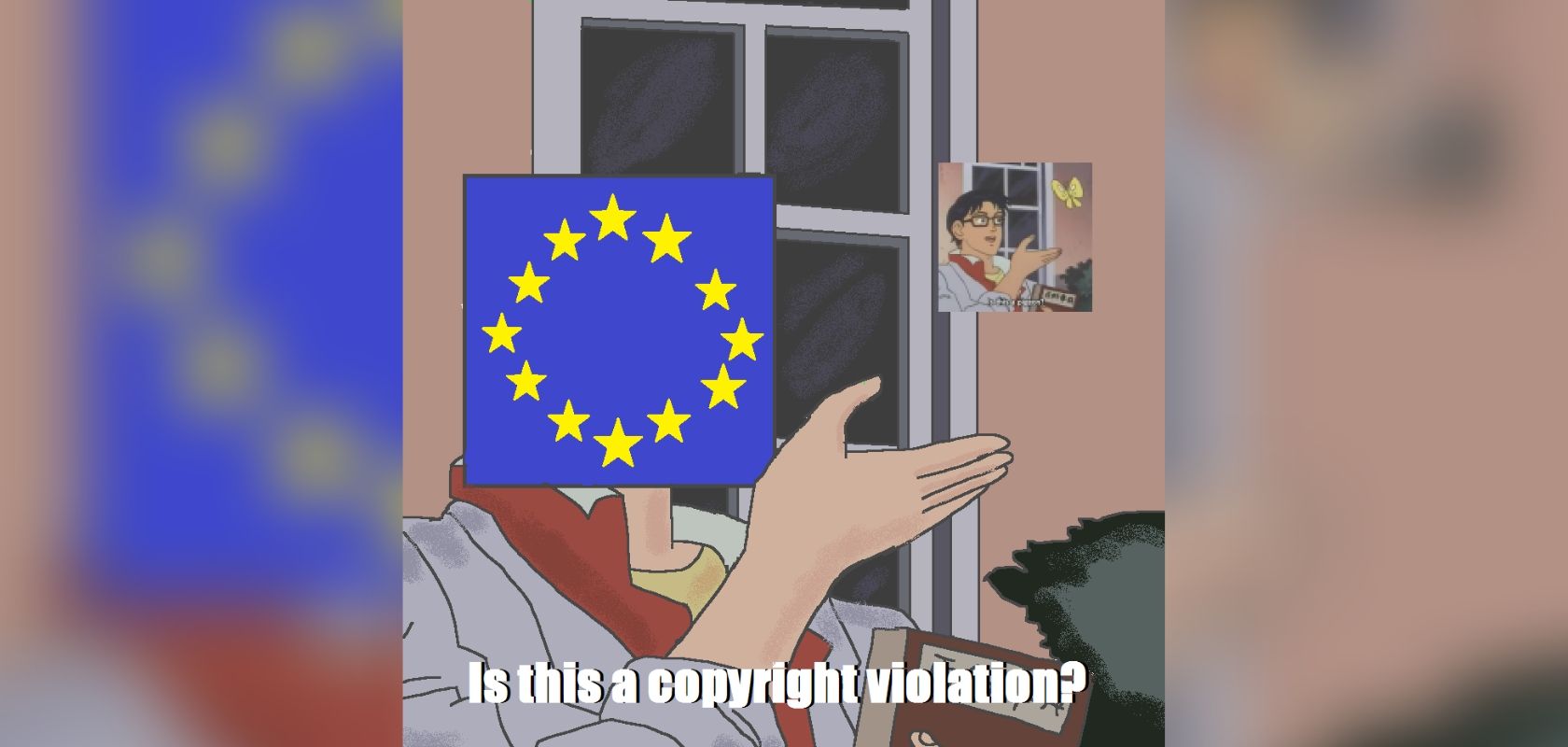Opponents of EU’s highly controversial Directive on Copyright in the Digital Single Market passed last spring are not giving up the fight to fix what can still be fixed around this legislation that many fear seriously undermines both personal freedoms and digital economies.
That is why the Directive caused massive protests and objections both from ordinary citizens and tech companies, but to little avail, advanced relentlessly by its chief sponsors, Germany and France.
Among the critic and activists opposed to the Directive is Julia Reda, a researcher and copyright reformer, who in the past served in the European Parliament as a member of the Pirate Party Germany.
Reda announced that her future efforts in the copyright reform realm would be supported by the Shuttleworth Foundation, whom she is joining as a Berlin-based fellow.
And while many might think that the story was over with the European Parliament passing the Directive that contains two infamous articles that came to be known as “link tax” and “upload filter” – the EU is, in reality, a slow-grinding bureaucracy that’s both complicated and complex.
For that reason, the 27 member-states must all individually write the Directive into their national law. This is to happen by June 2021, so there is still time in this process to challenge, change, or at least water down some of the regulation’s provisions.
In her announcement, Reda said that her activity going forward will be to improve on what has already been achieved both during the national-level implementation, “and in court.”
As that unfolds, it won’t hurt to have the backing of the Shuttleworth Foundation, established by South African billionaire entrepreneur and free and open-source enthusiast Mark Shuttleworth, the CEO of Canonical, the company behind the world’s best-known Linux distribution, Ubuntu.
Announcing that Reda was joining the organization’s fellowship program, a press release said some last-minute changes to the Directive last spring rendered it less one-sided than intended and credited public protests and the work of the likes of the former MEP who fought to improve the law ahead of its adoption in the European Parliament by adding safeguards and new user rights.












